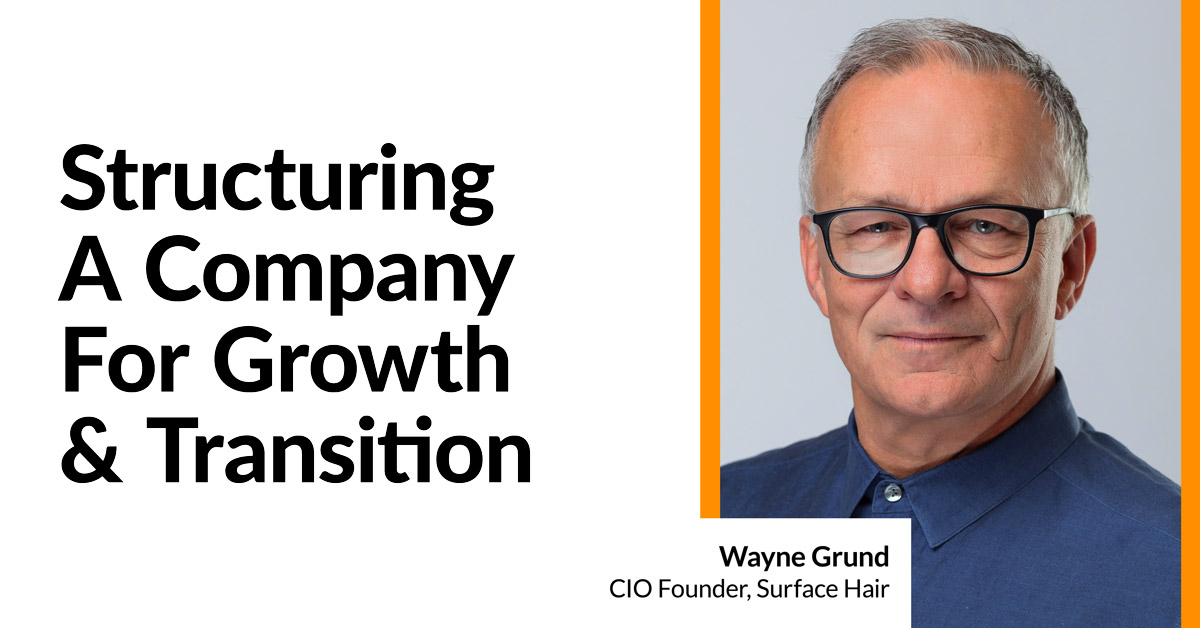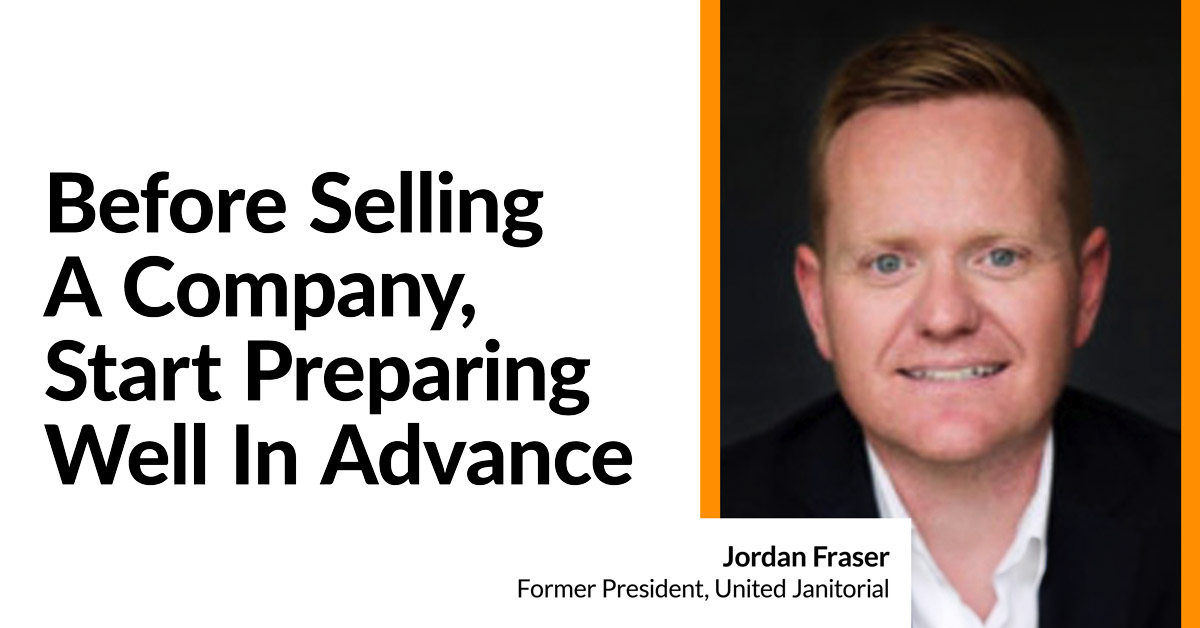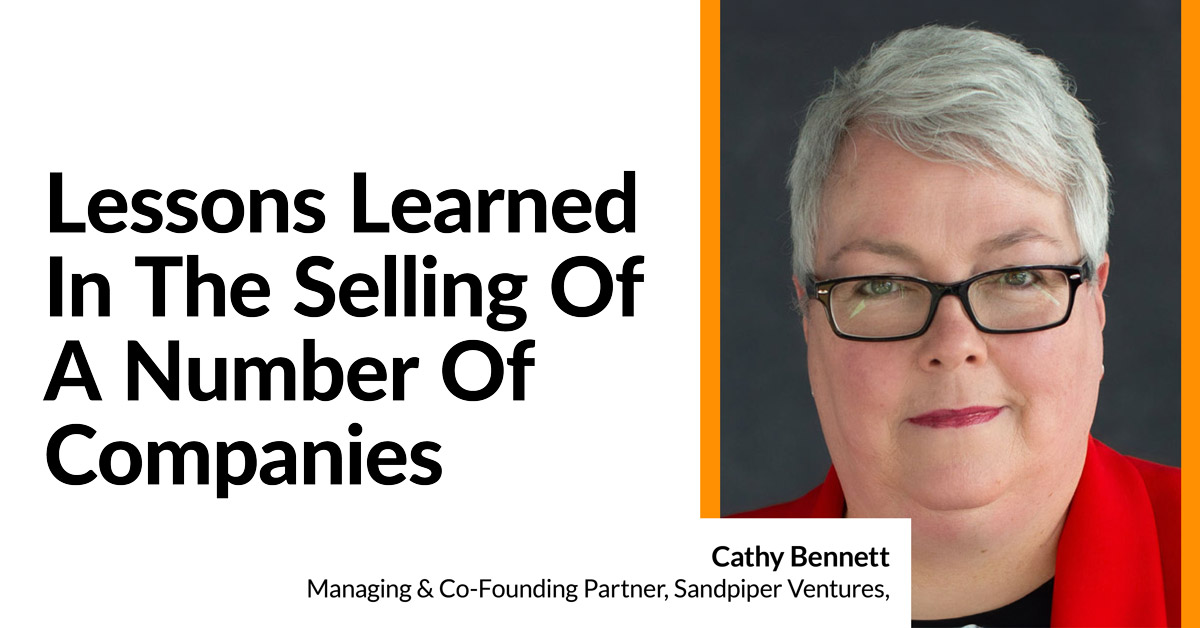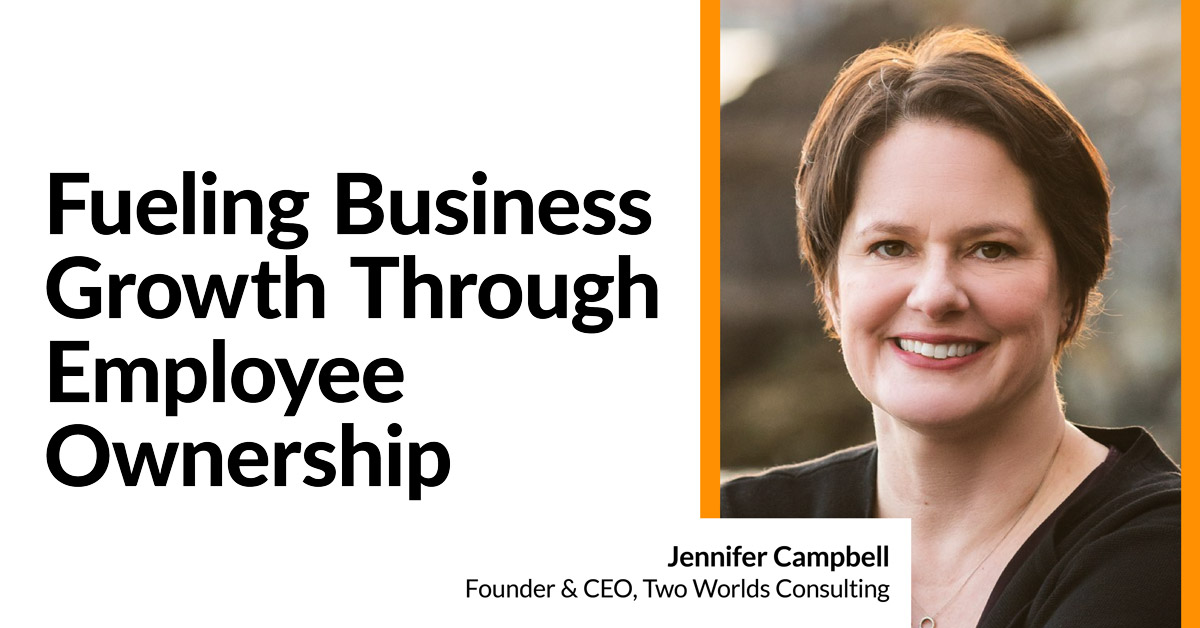Plenty Of Private Equity Money Sitting On The Sidelines Waiting To Be Deployed
Mario Toneguzzi
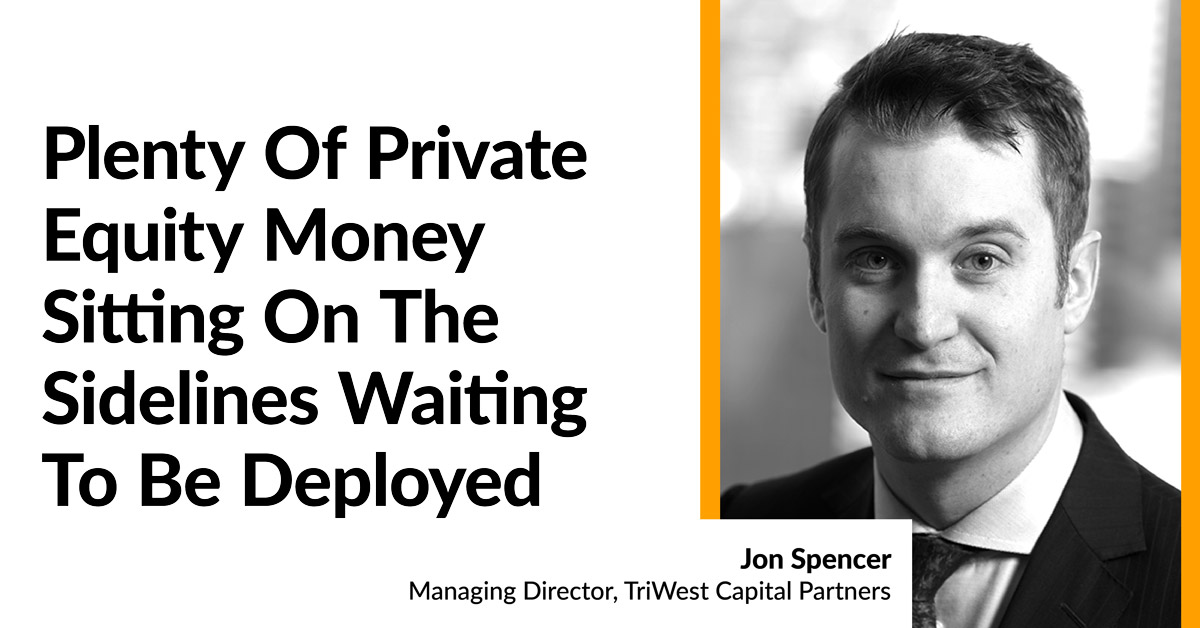
The mergers and acquisitions market in Canada experienced a very busy first half of the year but recently has slowed due to macroeconomic concerns, says Jon Spencer, Managing Director at TriWest Capital Partners.
Key takeaways:
- Inflation fears and the Bank of Canada interest rate response has caused people to pause;
- Buyers are focusing strategically;
- The sale of a business is way more work than people realize;
- There is a lot of private equity money currently sitting on the sidelines waiting to be deployed.
Enjoy,
Mark
Jon Spencer, Managing Director at TriWest Capital Partners, describes the Canadian M&A activity as having been very busy through the first half of 2022, but more recently slowed due to macroeconomic concerns.
“Activity looks to have slowed with inflation fears and the Bank of Canada’s interest rate response. Since the world initially paused for COVID and subsequently reopened with significant monetary stimulus we’ve seen a flurry of activity for quite a long time,” says Spencer.
“I think that’s caused buyers to focus strategically with what processes they spend time with. Really pick their opportunities and find ways to try to underwrite processes based on previous experience, where companies are in the cycle. Understanding supply chain issues has been a pretty big focus at least for us in this space. We’ve seen groups focus their time pursuing transactions where they believe they have a strategic angle or some level of prior experience. Interest rate impact and supply chains generally continue to be a focal point for buyers.”
TriWest is a Calgary-based private equity fund focused principally on service distribution manufacturing businesses, headquartered in Western Canada.
Spencer is Conference Chair at the upcoming Business Transitions Forum on October 13 in Winnipeg at the Delta Hotel.
He joined TriWest in 2007 after working at RBC Capital Markets where he was involved in a number of public equity offerings and mergers and acquisition assignments.
Spencer currently serves as a Director of the Calgary Chapter of the Association for Corporate Growth. From 2008 to 2010, he served as President for the Calgary Chapter of the Richard Ivey School of Business Alumni Association.
Spencer says rising interest rates have caused people to pause as they see the world changing rapidly right now.
“They want to make sure they understand the impact of interest rates to business conditions. I think if anything it’s just causing people to move a little slower than they were pre-interest rate hikes,” he says.
“Our job is to underwrite to a certain level of return metric that’s important to our investors and to the extent that your overall cost of capital just went up, you’ve got different amounts of cash leaving the business to service debt and that’s going to impact what people can pay for businesses.”
Spencer says the sale of a business is way more work than people realize. You have to be prepared and you’ve got to have the key people in your organization involved in the process because buyers ultimately want to be comfortable with the teams that will execute on a business’s’ strategic plans going forward. The more people involved in that process is better than less.
He says valuations have increased over the last few years. Today, for potential investors, they have to do more work to be in a better position to underwrite the risk that they’re taking. Doing that work can pay off if buyers get to a position of being more comfortable than buyers that don’t do as much upfront work.
“Also, understand the longer-term trends. I think we all believe a recession is coming and part of what we’re trying to figure out is what a business’s ability is to withstand a recession and ultimately when you come through a recession how will that company be positioned to generate cash flow for shareholders,” adds Spencer.
Looking forward to the next 12 to 18 months, Spencer says there is a lot of private equity money sitting on the sidelines.
“There’s been record levels of capital raising in recent years, that capital is going to need to find a home and so I think that while maybe people pause and try to understand the macro environment that we’re operating in, at the end of the day if firms have capital, that has to be placed in a typical private equity model. Firms are incentivized to go out and find transactions that work for their business models,” he explains.
“With that much money on the sidelines, I think M&A continues to be reasonably strong.”
“There’s different drivers of economic activity in Western Canada and the most recent estimates, a number of the different research houses have published, have the Western part of the country leading the provinces in terms of economic growth and that should bode well for business activity,” he says.
BACK






